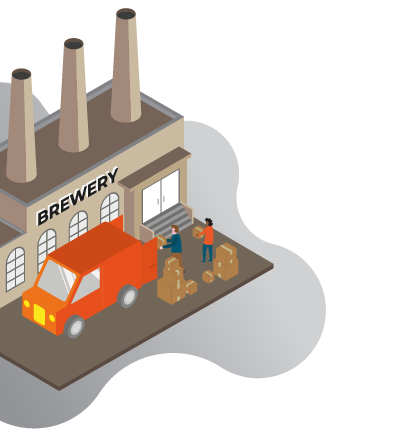
Section K – Services Supplied
Enter the additional cost of any services supplied where the contract for the service is between the employer and the supplier, otherwise use section B.
You should report details of goods or services that are offered free or at a discount, in this section, e.g. beer tokens, stress counselling etc.
The amount that should be entered should be the higher of the following:-
- The market value of the goods – the second hand value in the hands of the employee, or
- The extra costs incurred by the employer in buying the goods or providing the services, less
- Anything made good by the employee
If the goods or services are provided partly for business and partly for private use, the employee may be able to claim a tax deduction, or the employer may be able to include the business use in a dispensation.
The extra costs incurred by the employer
There was a tax case (Pepper v. Hart) which defined the term “cost to the employer” as being the additional cost to the employer in providing a service. Therefore if you were going to provide the employee with a service primarily for business purposes & the employee used that service for some degree of private purposes, the initial cost of providing the service will not be taxable (as it is primarily being provided for business purposes). Only the proportion of additional costs relating to private usage will be taxable.
eg. It is for this reason that the line rental of an employee’s home telephone in the employers name is non-taxable as it is provided mainly for business purposes; only the proportion of private calls is taxable on the employee. Calculate the benefit by taking the extra or marginal cost of providing the service. For in-house services, this amount takes no account of fixed costs that are incurred by the business anyway. Services bought in are generally chargeable on the full cost, but do not report them if they qualify as tax-exempt items, e.g. canteen; workplace nursery places; training; car parking near the workplace; late night transport; and in-house sports facilities. Office accommodation supplies and services are exempt from tax and Class 1A NICs if private use is not significant.